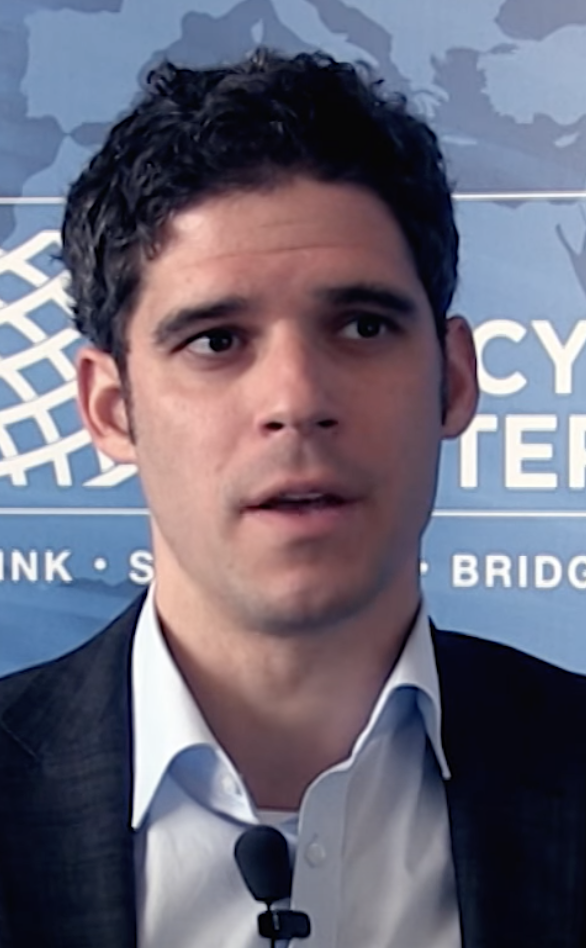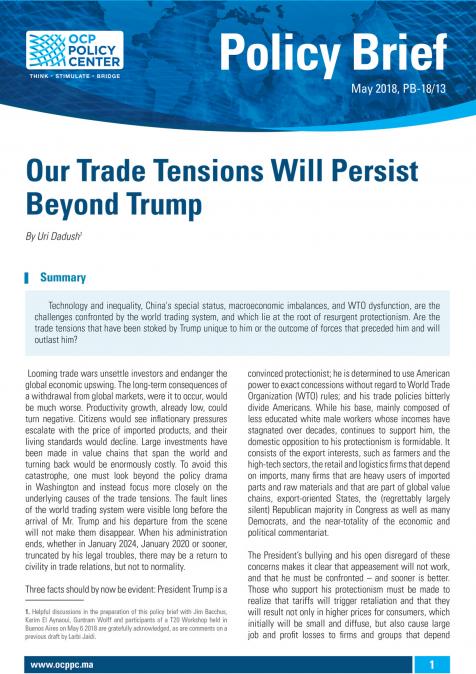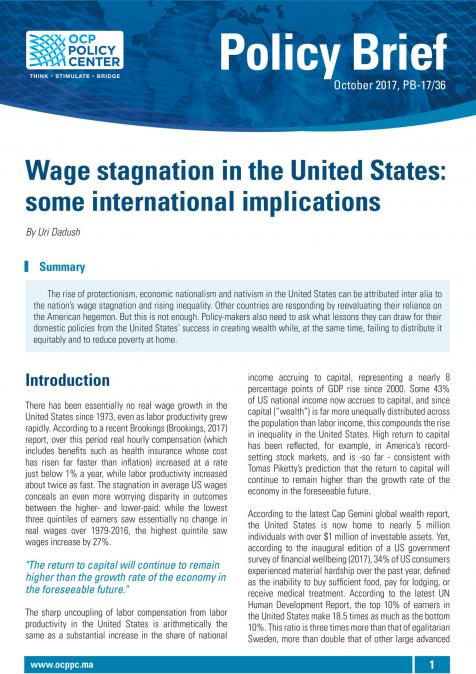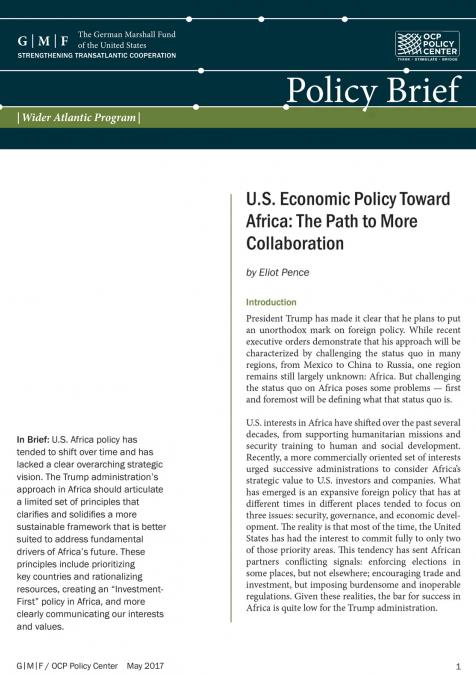Speakers

David Koranyi
Director, Eurasian Energy Futures Initiative, Atlantic Council
David Koranyi is the Director of the Eurasian Energy Futures Initiative of the Atlantic Council. He has been a Nonresident Fellow at the Johns Hopkins University SAIS Centre for Transatlantic Relations since 2010. Mr. Koranyi speaks and publishes on the geopolitics of energy, and Hungarian, European, and US foreign and energy policy.
Mr. Koranyi served as Undersecretary of State and Chief Foreign Policy and National Security Advisor to the Prime Minister of the Republic of Hungary, Gordon Bajnai (2009-2010). He worked in the European Parliament as Chief Foreign Policy Adviser and Head of Cabinet of a Hungarian MEP (2004-2009). Previously he was a Political Adviser at the Hungarian National Assembly and a Junior Researcher at GKI Economic Research Institute, in Budapest, Hunga ...









